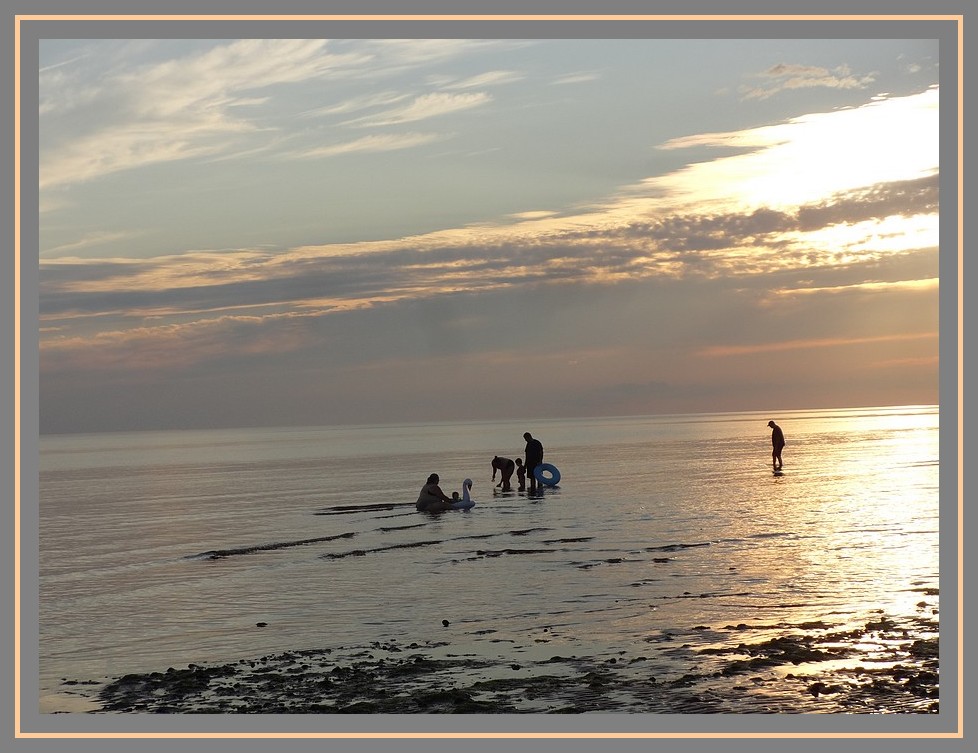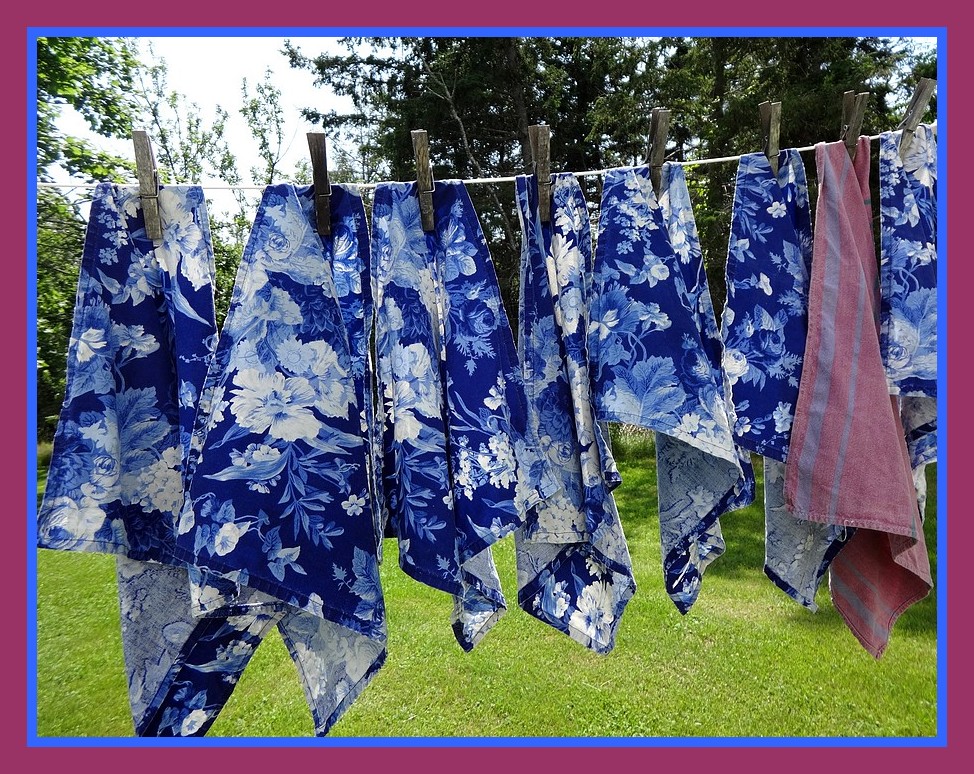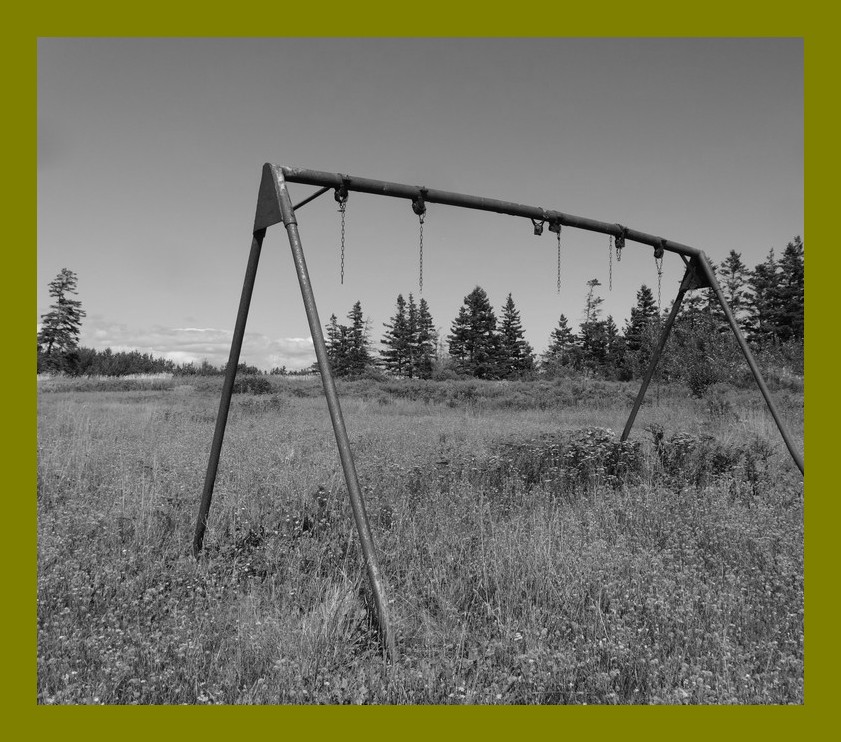
Earliest beach memory is picnics, my mum and dad coming home from work, he from a factory, she from the warehouse of a local Towers department store, neither of them easy jobs and I realize now they must have been tired but maybe, like me, never too tired for the beach, so they’d make coffee for one thermos, koolaid for another, throw some bread, meat, cheese, fruit and veg from the garden into a plaid metal cooler and then my dad would start up the little black oldsmobile he called fatso. It was the sixties.
The only other things we brought were towels and a blanket to sit on. The idea of needing anything to amuse ourselves surely never entered their minds, or mine I guess. After all, there was The Lake. And sand. Shells and pebbles and the endless search for beach glass. There was food to eat and clouds to look at. And there was the effort it took to pretend you knew how to swim, thinking no one would figure out you were still touching bottom. My sister, much older, said she’d learned by being tossed into the lake. I wanted to avoid that lesson.
Most vivid beach memory is the night a storm was brewing. My dad and sister were swimming way out in the lake when big rain and thunder started. My mum was frantic, waving, shouting for them to come back. My dad was laughing and waving from a distance. I don’t know what my sister was doing.
Same beach a few decades later. Me and my mum picking rosehips. My dad gone, my sister too, a decade before him. My mum would make a tea blend with the rosehips, adding (also hand picked) calendula, chamomile, linden, whatever she fancied in the moment, whatever she found in season.
Pictured above: the scene a few days ago. Different beach, entirely different body of water. The grandchildren, great grandchildren and great great grandchildren of my parents, most of whom they never met, and watching them (I’ve since learned to swim for real by the way) I see new watery memories being made and can’t help think there’s something deeper that runs through generations, that whether people have actually met in life or not isn’t what determines how much they carry of each other, how much they already know of their history without even trying.
♥
♥








